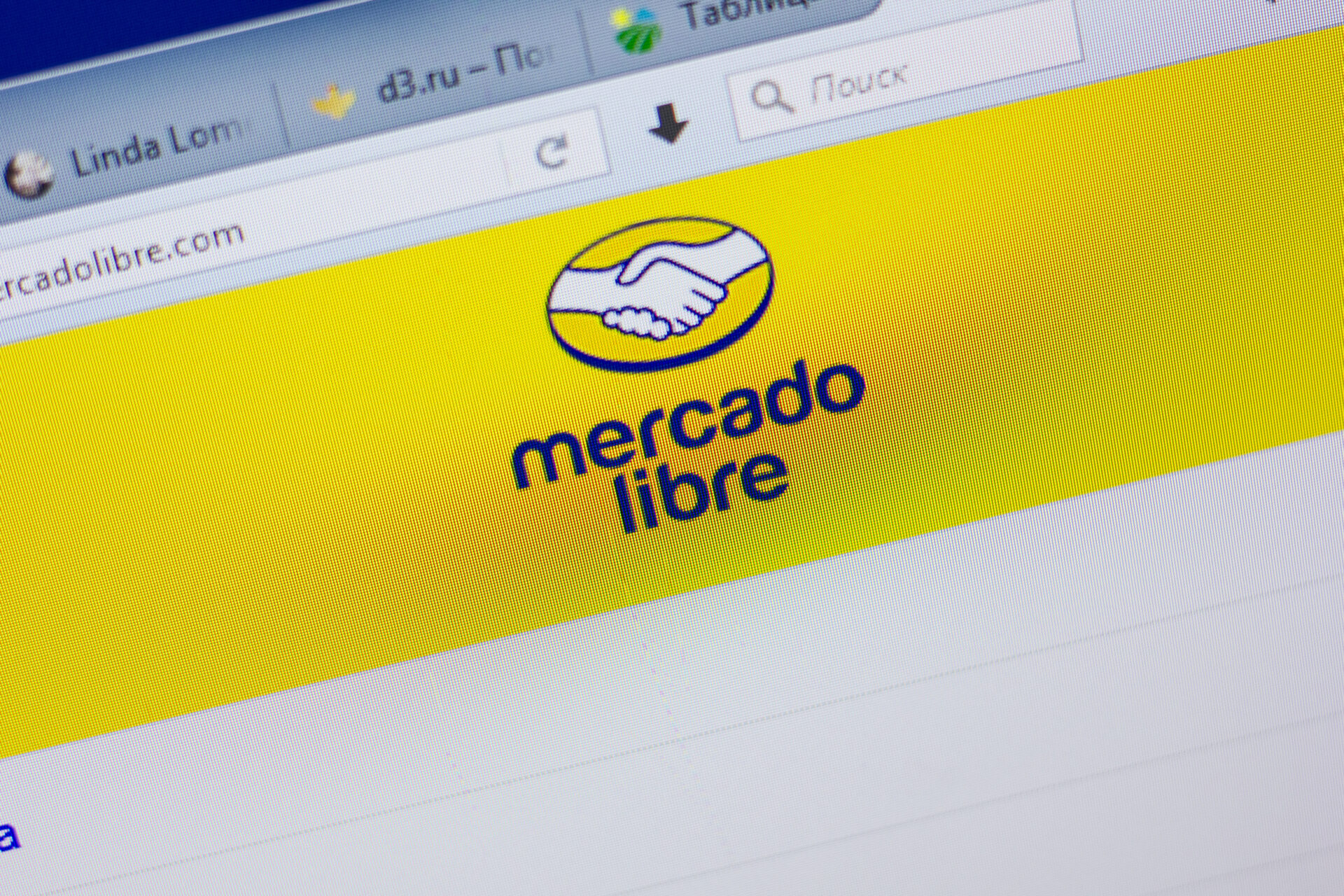Explaining MercadoLibre’s 2021 Drop
More often than not, any time the Nasdaq Composite performs well, then it means that all included companies should do too. Sadly, that was not the case for MercadoLibre (NASDAQ:MELI) in 2021, since its stock dropped by a staggering 19.5%.
For reference, the Nasdaq had gained 22.2% around the same time.
MercadoLibre’s investors were not happy to hear this news. Which begged the question, what happened?
The Feds Strike Again?
In the last two months of 2021, the Federal Open Market Committee shared that it was ready to comply with the Federal Reserve’s most recent policies.
For those of you who don’t know, we’re currently going through some of the biggest inflation rates ever. More specifically, the highest they’ve ever been in the past four decades.
To balance things out, the Fed chose to stop buying stock bonds. In addition to their choice to increase interest rates. In little to no time, stocks worldwide saw themselves being affected negatively, with growth stocks, in particular, seeing the more brutal end of it.
MercadoLibre was among these growth stocks. So, to protect their interests, various investors opted to cut losses. Did MercadoLibre deserve this sort of treatment?
Going Over MercadoLibre’s Performance
Regardless of the situation, MercadoLibre’s numbers remained impressive by all means. In the first months of 2021, its revenue had increased by a yearly 86.6%, and something that easily translated to $4.9 billion.
Similarly, the platform’s gross merchandise volume had experienced a yearly increase of 23.9%. Which then translated into $7.3 billion.
Finally, total payment transactions had increased by 54.7% in a single year.
Not to mention, the company’s management is currently working on several expansion projects. From building new fulfillment centers to the acquisition of various companies, which means that MercadoLibre is soon to reach wider audiences than ever before.
In essence, we believe that MercadoLibre did not deserve this sort of treatment. On the contrary, it should be expected for the company to recover (with a bang) when the time’s due.
